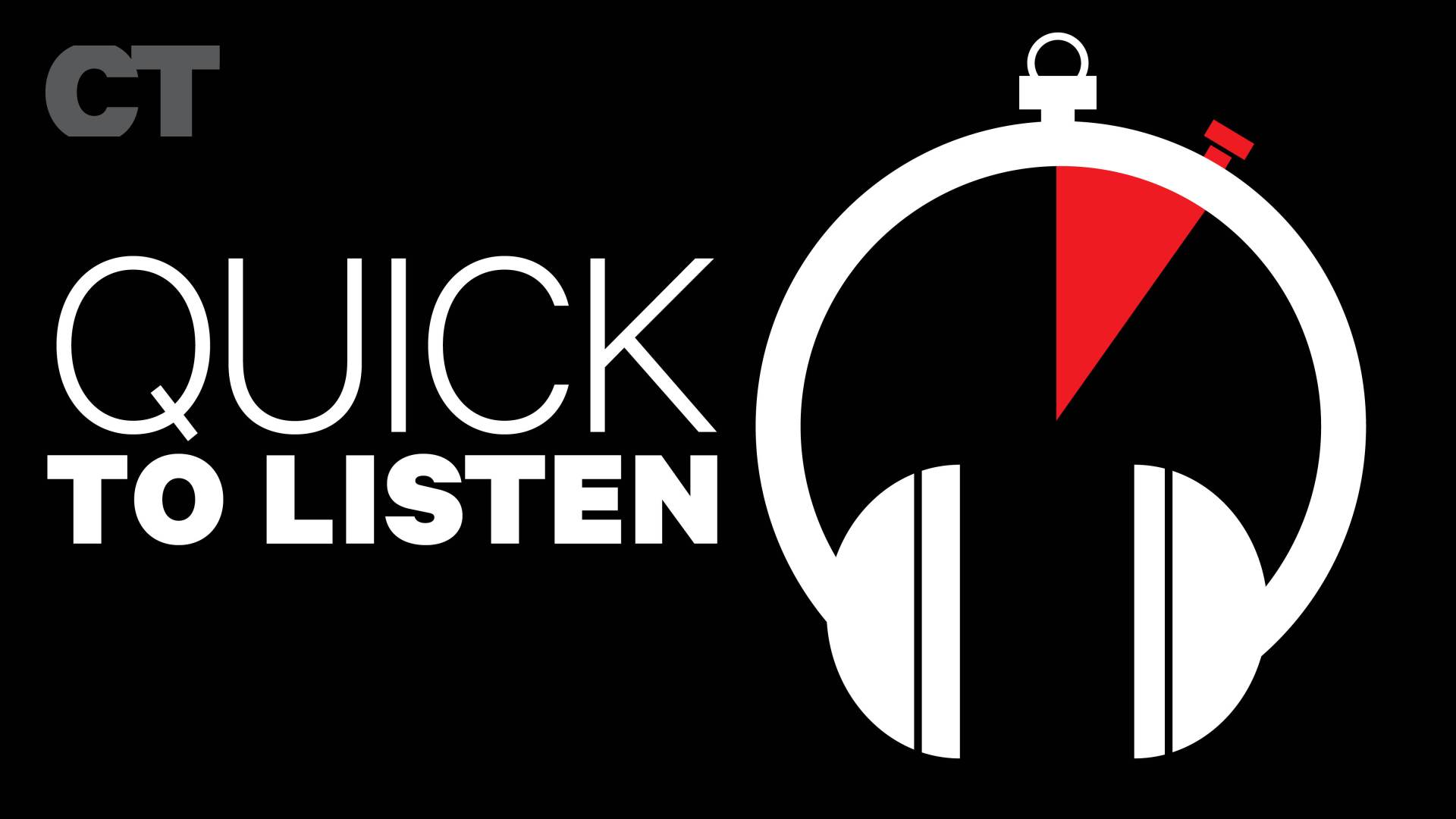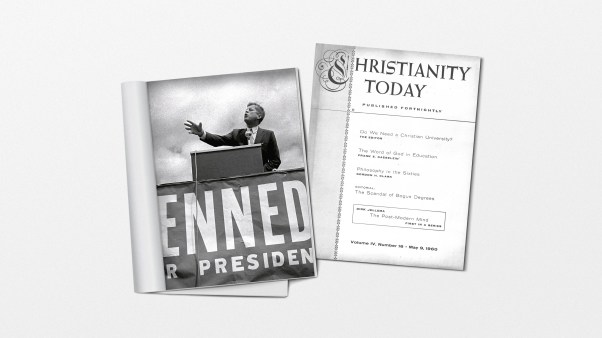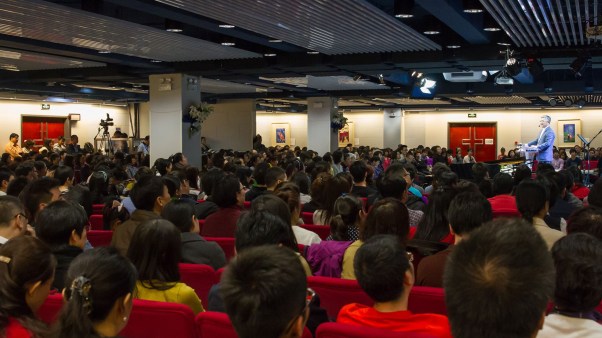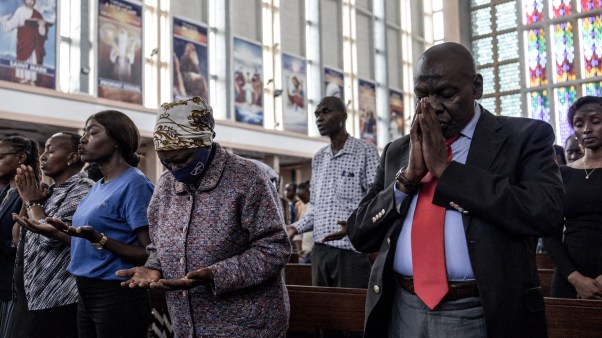Twitter rewards me for reacting. My most retweeted and liked tweets are not thoughtful, measured interactions with others. They’re the unbalanced rants of someone whose feelings were hurt, who’s frustrated for his friends, or who is somehow set off by yet another misguided idea. Sometimes I’m right. Sometimes I’m wrong. But every time, those tweets serve the same purpose as the clanging cymbal Paul mentions in 1 Corinthians 13—merely a way to make noise. No one really hears them, and only rarely do they lead to understanding.
Thankfully, while Twitter’s increasing popularity has encouraged us to react swiftly, podcasts have emerged as a kind of balance. I’ve been fascinated by the potential of podcasts because I see them as an opportunity for listeners to opt-in to become part of a captive, actively listening audience. Podcasts provide us with opportunities for active listening, a chance to hear multiple perspectives on a subject without the temptation to click away or draw conclusions too soon. Most importantly, to me: they reward patience.
We’re calling our first podcast Quick to Listen—a reference, of course, to James’s famous exhortation to be “be quick to listen, slow to speak and slow to become angry” (James 1:19). We hope this podcast will serve as pushback to our very real tendency to make assumptions based on limited knowledge or experience, and to indulge in outrage and conclusion-drawing before we understand the important but mundane details of a cultural event.
Every week, CT’s managing editor, Katelyn Beaty, and assistant editor Morgan Lee are joined by a different guest who brings sanity and perspective to a complex cultural controversy, scandal, or hot topic. Ultimately, our hope is to model what it means to converse about controversial and passionate issues in a truthful, good, and beautiful way.
Quick to Listen isn’t about getting our opinions out there or establishing a series of evangelical lines in the sand. The church is made up of a broad swath of perspectives, and all of us have something to learn from one another. Quick To Listen is about giving ourselves the opportunity to hear, really hear, one another. Our hope is, at the end of each episode, we might be one step closer to the truth of these complex situations. For now, we’ll settle for a little more understanding.
Richard Clark is the online managing editor for Christianity Today. You can follow him on Twitter, but don’t say we didn't warn you.









